Best Supplements For Lean Muscle Growth And Fat Loss

Imagine the crisp morning air filling your lungs as you lace up your running shoes. The sun, a gentle promise of the day ahead, casts long shadows as you stretch. You're committed, driven by a vision of a stronger, leaner you. But sometimes, despite your best efforts in the gym and the kitchen, progress feels agonizingly slow. What if there were allies, natural compounds, that could help you on this journey, amplifying your efforts and bringing you closer to your goals?
While a balanced diet and consistent exercise remain the cornerstones of lean muscle growth and fat loss, certain supplements can provide a significant boost. This article will explore some of the most effective and scientifically backed supplements, offering insights into how they work and how to incorporate them safely into your fitness routine.
The Foundation: Diet and Exercise First
It's crucial to remember that supplements are meant to *supplement* a healthy lifestyle, not replace it. A well-structured diet, rich in protein, complex carbohydrates, and healthy fats, is essential for providing the building blocks and energy needed for muscle growth and fat loss.
Similarly, a consistent exercise regimen that includes both resistance training and cardiovascular exercise is paramount. Resistance training stimulates muscle protein synthesis, while cardiovascular exercise helps burn calories and improve cardiovascular health.
Whey Protein: The Muscle Builder's Staple
Whey protein is derived from milk and is a complete protein source, meaning it contains all nine essential amino acids. It's quickly digested and absorbed, making it ideal for post-workout recovery, when muscles are most receptive to nutrients.
A study published in the Journal of the American College of Nutrition demonstrated that whey protein supplementation, combined with resistance training, leads to significant increases in muscle mass and strength. Whey protein helps increase satiety, potentially aiding in calorie control.
How to Use Whey Protein
The optimal dosage of whey protein varies depending on individual needs and goals, but a common recommendation is 20-30 grams per serving. It can be consumed as a shake, added to smoothies, or incorporated into baked goods.
Timing is also important. Consuming whey protein within an hour after a workout can help maximize muscle recovery and growth. Choose a reputable brand and consider different types, such as concentrate, isolate, or hydrolysate, based on your dietary needs and preferences.
Creatine: Powering Performance and Muscle Growth
Creatine is a naturally occurring compound found in muscle cells that helps produce energy during high-intensity exercise. Supplementing with creatine can increase strength, power, and muscle mass.
Numerous studies have confirmed the benefits of creatine supplementation. A meta-analysis published in the Journal of Strength and Conditioning Research concluded that creatine supplementation significantly increases muscle strength and power performance during resistance exercise.
Understanding Creatine's Benefits
Creatine works by increasing the availability of ATP (adenosine triphosphate), the primary energy source for muscle contractions. This allows you to perform more repetitions and lift heavier weights, leading to greater muscle growth over time.
Creatine also draws water into muscle cells, which can increase muscle size and contribute to a fuller, more defined appearance. Contrary to some misconceptions, creatine is generally safe for healthy individuals when taken as directed.
Creatine Dosage and Considerations
The most common way to supplement with creatine is through creatine monohydrate. A typical loading phase involves taking 5 grams of creatine four times a day for 5-7 days, followed by a maintenance dose of 3-5 grams per day. This method allows for the rapid saturation of muscle creatine stores.
Some individuals may experience mild gastrointestinal discomfort during the loading phase. Staying hydrated is crucial when taking creatine. Consulting with a healthcare professional before starting creatine supplementation is always recommended, especially for individuals with pre-existing kidney conditions.
Caffeine: The Energy Booster and Fat Burner
Caffeine is a stimulant that can enhance both physical and mental performance. It works by blocking adenosine, a neurotransmitter that promotes relaxation and sleepiness, resulting in increased alertness and energy levels.
Caffeine can also boost metabolism and promote fat burning by increasing the release of adrenaline. Research suggests that caffeine can improve endurance performance by reducing perceived exertion and increasing fat oxidation.
Caffeine's Impact on Fat Loss
By increasing energy expenditure and promoting fat burning, caffeine can indirectly contribute to fat loss when combined with a calorie-controlled diet and regular exercise. It can also help you push harder during workouts, leading to greater calorie expenditure and muscle stimulation.
However, it's essential to use caffeine responsibly. Excessive caffeine intake can lead to anxiety, insomnia, and digestive issues. Individual tolerance to caffeine varies considerably.
Safe and Effective Caffeine Use
Start with a low dose (50-100mg) and gradually increase as needed, while paying attention to how your body responds. Avoid consuming caffeine close to bedtime, as it can interfere with sleep.
Caffeine is found in coffee, tea, energy drinks, and some pre-workout supplements. Be mindful of the total caffeine content in all the products you consume to avoid exceeding your tolerance level.
Branched-Chain Amino Acids (BCAAs): Muscle Recovery and Repair
BCAAs are essential amino acids that play a crucial role in muscle protein synthesis and recovery. They include leucine, isoleucine, and valine, and are abundant in muscle tissue.
BCAAs can help reduce muscle soreness after exercise and promote faster recovery. Some studies suggest that BCAAs may also help prevent muscle breakdown during intense workouts.
How BCAAs Support Muscle Growth
Leucine, in particular, is a key regulator of muscle protein synthesis. It activates the mTOR pathway, which signals the body to build new muscle tissue. BCAAs can be especially beneficial for individuals who are training in a calorie deficit, as they help preserve muscle mass.
However, it's worth noting that a complete protein source, such as whey protein, already contains all the essential amino acids, including BCAAs. If you're consuming enough protein in your diet, BCAA supplementation may not provide significant additional benefits.
When to Consider BCAAs
BCAAs can be beneficial for individuals who are training fasted or who have difficulty meeting their protein requirements through diet alone. They can be consumed before, during, or after workouts to help support muscle recovery and reduce soreness.
A typical dosage of BCAAs is 5-10 grams per serving. While generally safe, some individuals may experience mild gastrointestinal discomfort with high doses.
L-Carnitine: Transporting Fat for Energy
L-Carnitine is a naturally occurring amino acid derivative that plays a crucial role in transporting fatty acids into the mitochondria, the powerhouses of cells, where they can be burned for energy. While often touted as a fat burner, its effects are more nuanced.
Some studies suggest that L-Carnitine supplementation may improve exercise performance by increasing fat oxidation and reducing muscle fatigue. It may also have a modest effect on weight loss, particularly in individuals who are already active.
L-Carnitine's Mechanism of Action
By facilitating the transport of fatty acids into the mitochondria, L-Carnitine helps the body utilize fat as a fuel source. This can potentially lead to increased energy expenditure and a reduction in body fat.
L-Carnitine may also have antioxidant properties, which can help protect against muscle damage during exercise. However, the research on L-Carnitine's effects on weight loss is mixed.
L-Carnitine Dosage and Types
The typical dosage of L-Carnitine is 500-2000 mg per day. There are several forms of L-Carnitine available, including L-Carnitine L-Tartrate and Acetyl-L-Carnitine.
L-Carnitine L-Tartrate is commonly used for exercise performance, while Acetyl-L-Carnitine may have cognitive benefits. L-Carnitine is generally safe for most people, but it may cause mild gastrointestinal discomfort in some individuals.
Beyond Supplements: The Holistic Approach
Ultimately, the best approach to achieving lean muscle growth and fat loss is a holistic one that encompasses a balanced diet, consistent exercise, adequate sleep, and stress management. Supplements can be a valuable addition to this equation, but they are not a magic bullet.
Prioritize whole, unprocessed foods, get plenty of rest, and find healthy ways to manage stress. Remember that consistency is key, and that sustainable results take time and effort.
The journey to a healthier, stronger you is a marathon, not a sprint. Embrace the process, celebrate your progress, and never stop learning. With the right tools and a positive mindset, you can achieve your fitness goals and unlock your full potential.
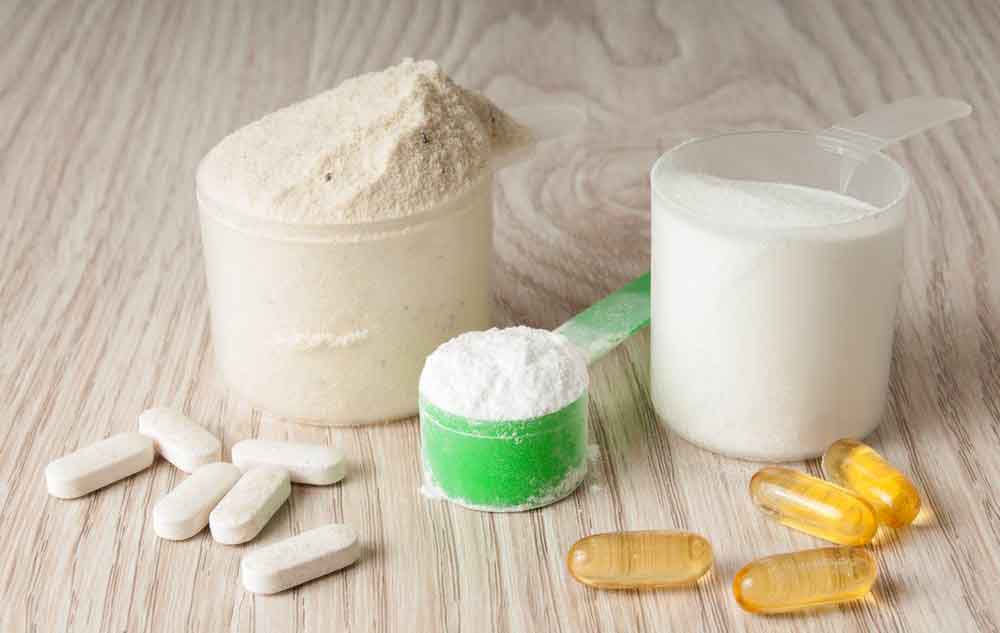



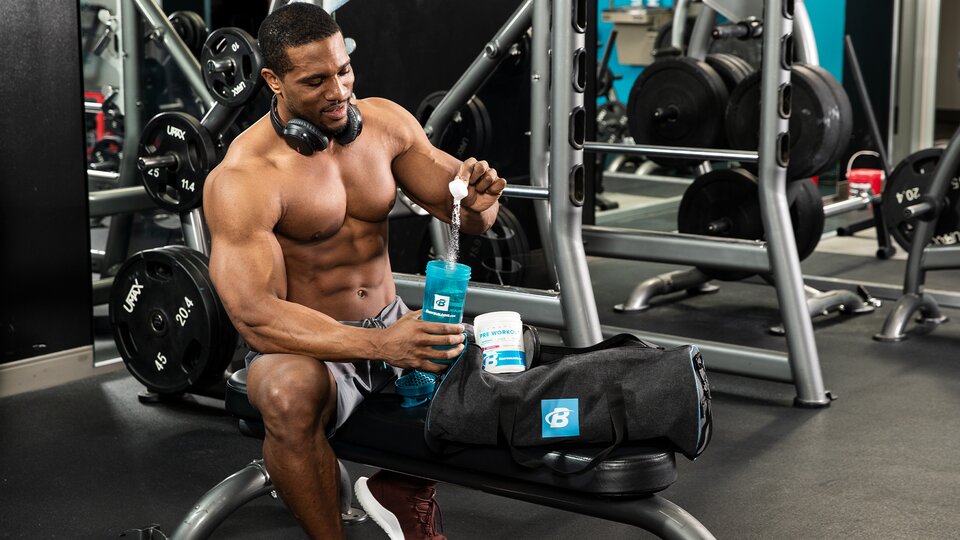

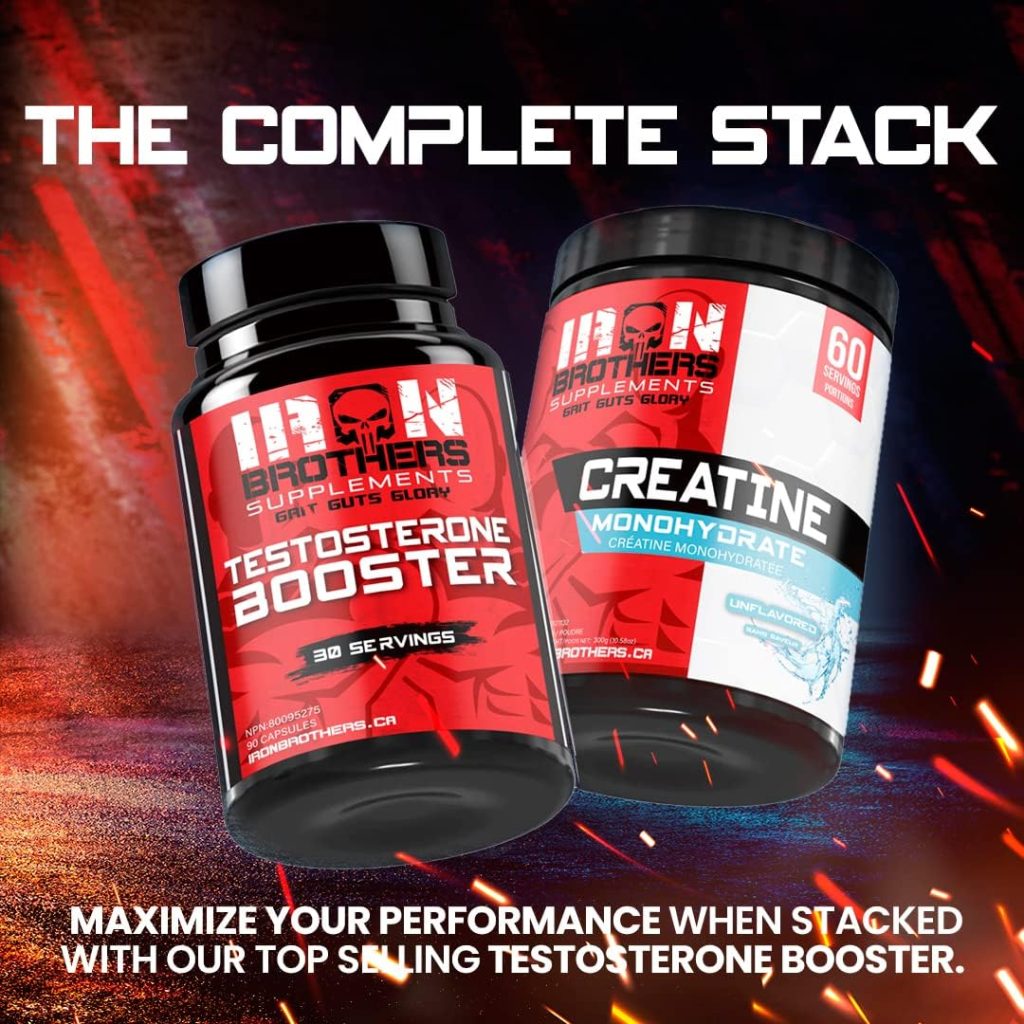


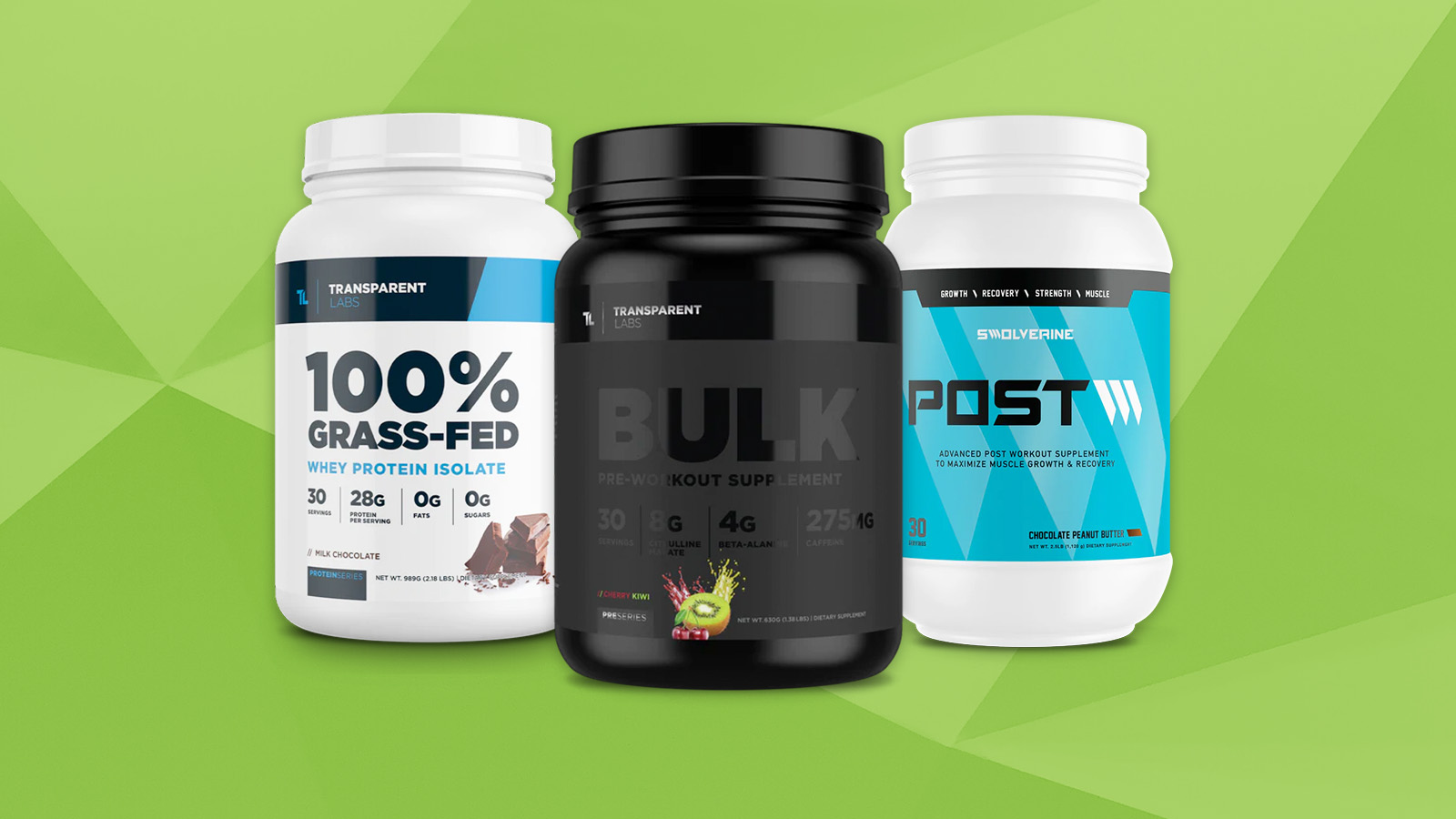

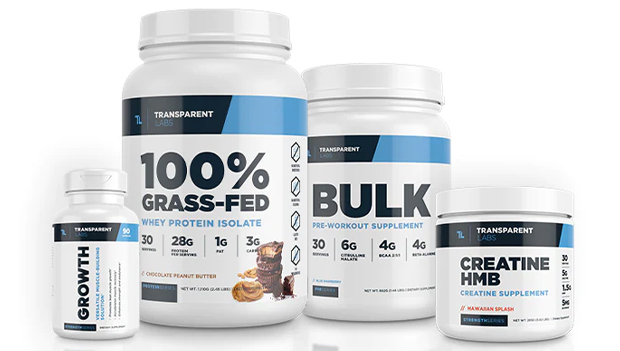


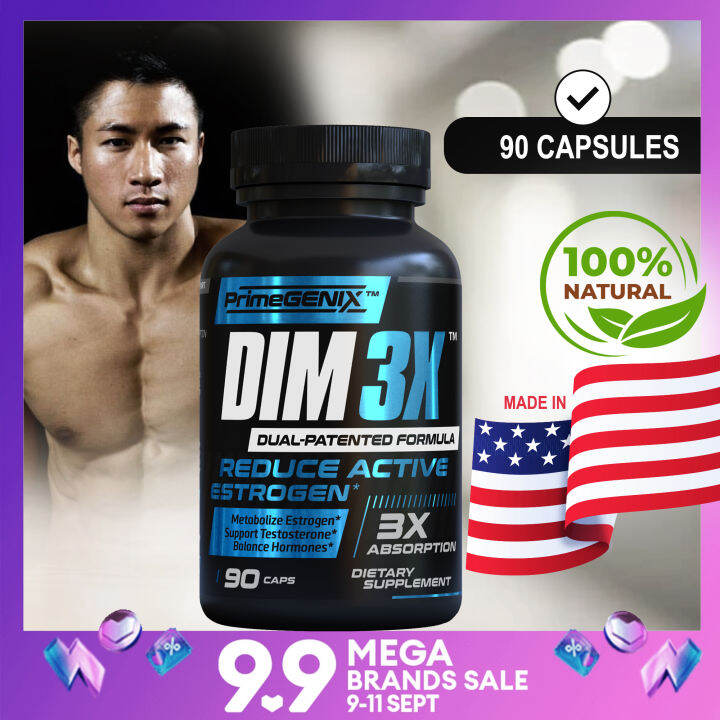


/814bU4VL6NL._SL1500_-5a85af763de4230037e0fb97.jpg)
